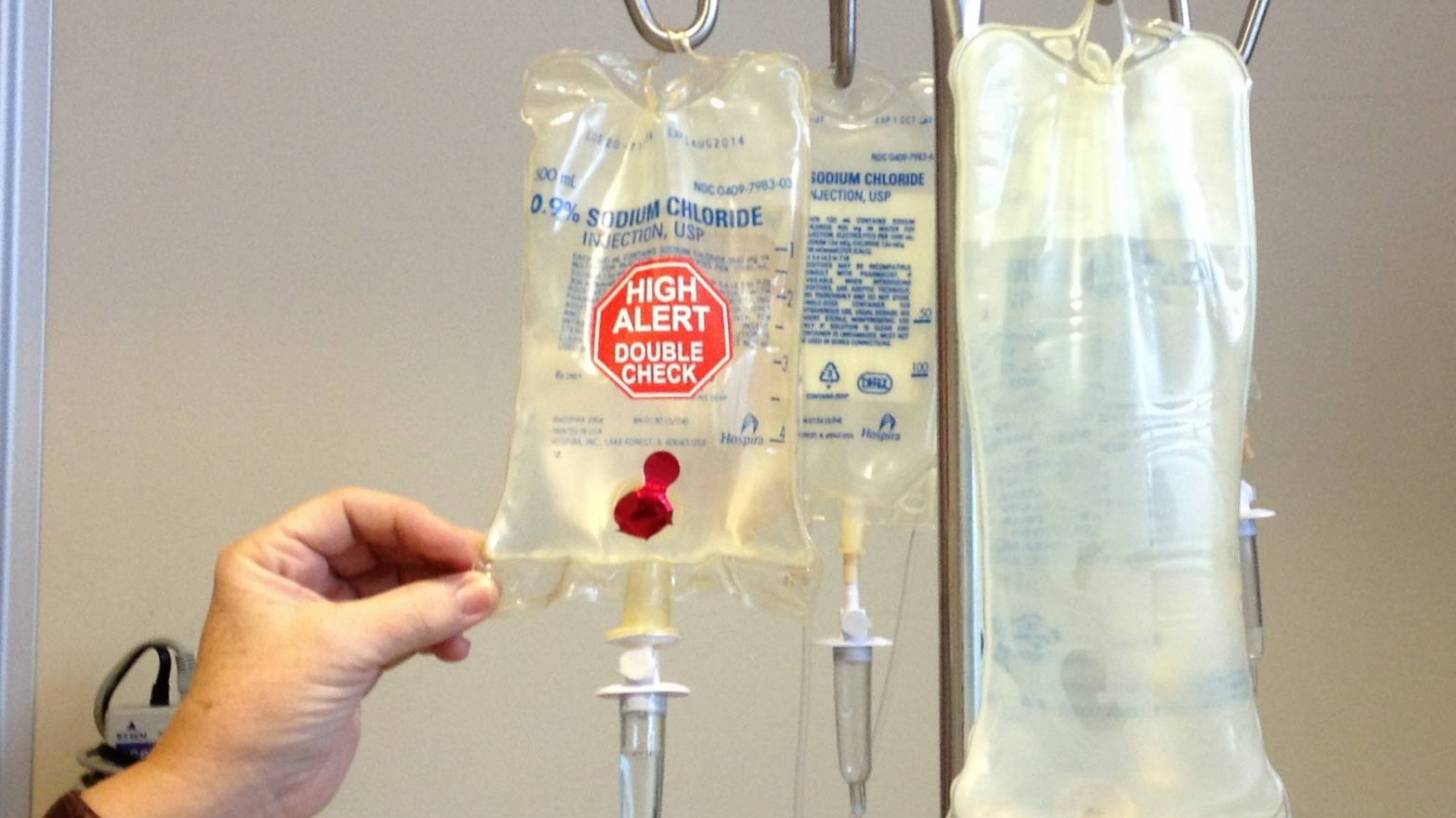Colorectal Cancer DNA Vaccine Study Launched

For the first time, researchers will test a two-pronged approach to treat advanced stage colorectal cancer in humans, with a goal of increasing life expectancy.
Combining a DNA vaccine, which boosts the body's immune response against tumors, with an antibody that blocks the body's natural defense against the potency of the DNA vaccine, may lead to the development of an effective treatment for late stage colorectal cancer.
Epithelial cancers such as colorectal cancer are usually managed most effectively by surgery, followed by adjuvant chemo-radiotherapy to remove residual disease and prevent metastases.
Nevertheless, 10–50 percent of patients will still relapse with rebounding disease, concluded a previous study.
"We are on the cusp of testing something that could be transformative for cancer treatment," said Robert Ramsay, Ph.D., BSc, group leader of the Gastrointestinal Cancer Center at the Peter MacCallum Cancer Center at the University of Melbourne, and lead researcher of the study.
"Cancer vaccines are getting closer to the clinic every day and are likely to provide a safer and more effective pillar of treatment for patients," said Dr. Ramsay, in a press release.
“Right now, the pillars of treatment include surgery, chemotherapy and radiotherapy, and vaccines would bring immunotherapy to the mix,” said Dr. Ramsay.
In previous mouse studies, Dr. Ramsay and his colleagues tested the DNA vaccine TetMYB and anti-PD1 on mice that were induced to develop cancer cells.
Tumors in the mice responded very well to the treatment, and the cancer was cured in about half of them.
These mice were expected to live for only a couple of days or weeks, but about 50 percent of them survived up to two years.
The vaccine also created an "immune memory" in the animal studies. When mice cured during the study, were later re-challenged with the same tumor, it was immediately rejected.
"There is an immune memory for the vaccine," Dr. Ramsay said.
The purpose of this phase 1 study of 32 patients is to look at the effects, good or bad, of TetMYB Vaccine, helps a person’s immune system to recognise the cancer cells, in combination with BGB-A317, which is an antibody that helps to stop or reverse the growth of tumour cells, in patients with advanced or metastatic solid cancers, including colorectal or adenoid cystic cancer.
During the dose escalation stage, study patients will receive increasing doses of the TetMYB Vaccine, starting at a low dose.
"Once cancer has spread to other parts of the body, patients with colorectal cancer have few other viable options; therefore, this treatment could be life-changing for these patients," said Toan Pham, a PhD candidate and research fellow at the Peter MacCallum Cancer Centre at the University of Melbourne, who is conducting the study with Dr. Ramsay.
Our Trust Standards: Medical Advisory Committee
- Therapeutic DNA vaccination against colorectal cancer by targeting the MYB oncoprotein
- DNA-based vaccine treatment for colorectal cancer to undergo first human study
- Cancer Vaccine Targeting MYB in Colorectal Cancer: From Pre-Clinical Model to Clinical Trial
- MYPHISMO: MYB and PD-1 Immunotherapies Against Multiple Oncologies Trial (MYPHISMO)
- VACCINE TO BOOST IMMUNE SYSTEM TO BE TRIALLED IN MELBOURNE CANCER PATIENTS

























